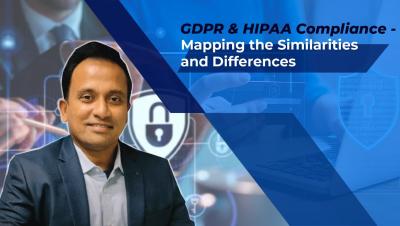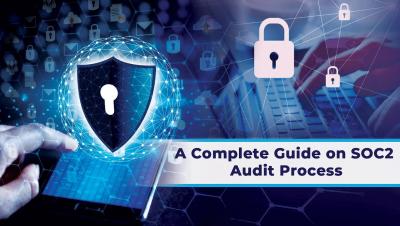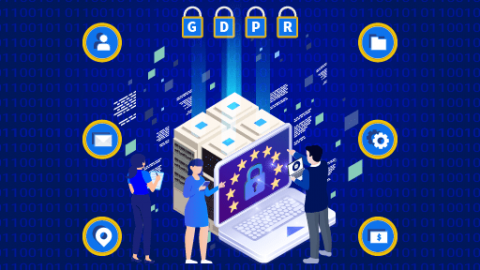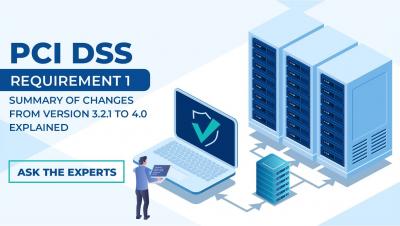Security | Threat Detection | Cyberattacks | DevSecOps | Compliance
VISTA InfoSec
HIPAA Compliance Checklist 2022
The Health Insurance Portability and Accountability Act (HIPAA) is a data privacy and security regulation for the healthcare industry. It is a comprehensive regulation that ensures your organization complies with the requirements of HIPAA. Organizations looking to achieve HIPAA Compliance must meet the requirements outlined by the regulation. Further, failure to comply with HIPAA regulations may result in substantial fines, especially in case of an incident data breach.
The Importance of Cybersecurity Compliance Training for Your Business
The importance of cyber security compliance training cannot be underestimated, especially in the current era where we are seeing an increasing number of cybercrimes in the industry. As a business owner, conducting cybersecurity compliance training is now not just an option but an essential part of cybersecurity and various compliance programs. Unfortunately, most businesses are still far from taking such training programs seriously.
A Complete Guide on SOC2 Audit Process
CCPA Compliance Vs CPRA Compliance
The California Consumer Privacy Act (CCPA) is a law that was signed on June 28, 2018, that established and promoted the consumer privacy rights and business obligations concerning the collection and sales of personal information of citizens of California. The CCPA came into effect on January 1st, 2020. Soon after in November 2020, Proposition 24, known as the California Privacy Rights Act of 2020 (CPRA) was introduced which is soon to replace the CCPA Compliance.
Special Category Data GDPR (General Data Protection Act)
The General Data Protection Regulation is a data privacy law that protects the privacy of people of citizens of the EU and UK. The regulation is designed to protect the rights of individuals and also ensure the privacy of their personal data. The regulation outlines a detailed set of requirements for organizations collecting, storing, and managing personal data.
PCI DSS Requirement 1: Summary of Changes from Version 3.2.1 to 4.0 Explained
SOC for Cybersecurity- Everything You Should be knowing
Cybersecurity has always been a major concern for most businesses. With the growing incidents of data breaches, it is now imperative for businesses to invest their resource in securing their IT infrastructure and data. Moreover, after the COVID-19 scenario, there was an unprecedented spike in the need for remote working. This totally hampered the security measures implemented by the organization’s IT and Cybersecurity teams.
PCI Sensitive Authentication Data Requirements - What you should know?
The PCI Council aims at minimizing the risk of cardholder data by securing sensitive cardholder data including Sensitive Authentication Data (SAD). For these reasons, PCI DSS Standards are strictly enforced in the payment card industry. According to the PCI DSS Security Standard Requirement, organizations dealing with sensitive card data are required to maintain maximum security and implement measures that ensure the confidentiality, privacy, and security of the cardholder data.
SOC2 Readiness Assessment - What Should You Know
A Readiness Assessment in general is an evaluation process that suggests whether or not an organization is compliant with a specific standard/regulation. The assessment helps determine gaps in security controls and demonstrates the effectiveness of controls to achieve compliance. The assessment works as a guide to identify and address the potential gaps in controls. The readiness assessment basically works as a test run for organizations looking to achieve compliance.











